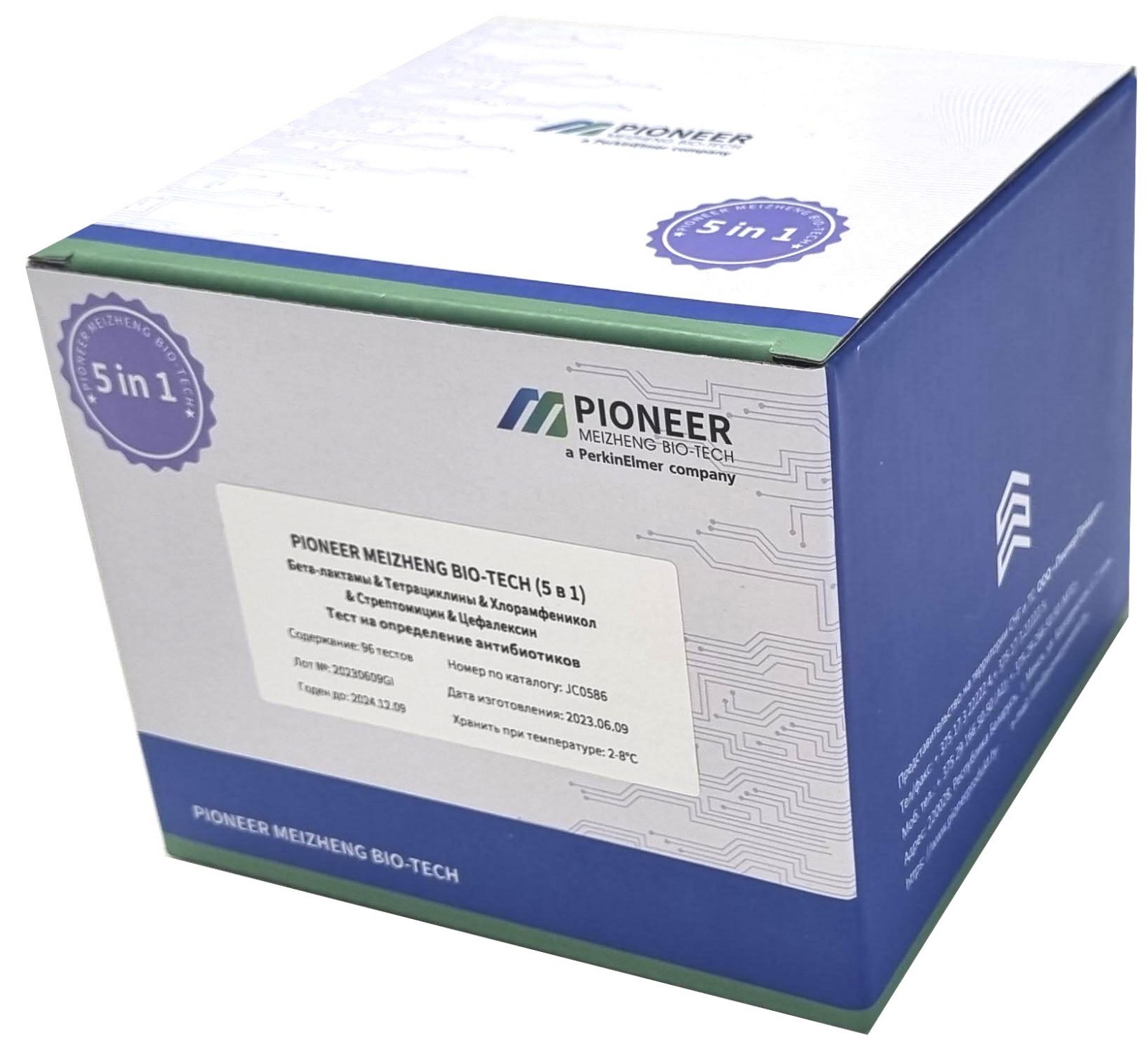In Russia, formed the direction of technological development until 2030
The government has formed a list of important areas of Russia's technological development until 2030: it includes ten "end-to-end technologies" and eight areas of industrial development. Kommersant was informed about this by the Ministry of Education and Science.
When preparing the concept of technological development, its developers, headed by First Deputy Prime Minister Andrey Belousov, selected 18 areas from the proposals of the Ministry of Economy and the Ministry of Industry and Trade, the ministry said. “There are already ten road maps, eight more are being considered by the government for further development of agreements [with companies that are supposed to be involved in projects for their implementation] and road maps,” the Ministry of Education and Science explained.
Among the new areas were the production of medicines, nuclear and oil and gas engineering, including equipment for the processing of hydrocarbons, the aviation industry and infrastructure for air transportation, as well as energy engineering and energy services, the ministry said. “These are technological areas where the Russian economy now already has certain groundwork for their successful development and the formation of a large market,” the ministry said.
The list of end-to-end technologies now includes:
artificial intelligence (AI); modern and prospective mobile communication networks; quantum computing; quantum communications; new industrial software; new system-wide software; energy storage systems; hydrogen energy; advanced space systems and services; technologies of new materials and substances.In total, there are 12 “end-to-end technologies” in the updated list, however, “Genetics” and “Intelligent Energy Systems” are being developed within the framework of state programs, reminds Kommersant. At the same time, the authorities refused to develop some, for example, neurotechnologies.
The new concept of technological development will be considered at a strategic session with Prime Minister Mikhail Mishustin in the near future, the Ministry of Education and Science said, adding that in April the document will be officially submitted to the White House for approval.
Read pioneerprodukt.by Your career is an attempt to win the approval of your parents. How to understand this What developments in the field of neural networks APPLE hides Investment tips from ChatGPT: will they help get rich Tesla started a price war in CHINA.
After the start of the military operation in Ukraine, Western countries, once the main suppliers of high-tech equipment to Russia, imposed sectoral sanctions against Moscow . Against this background, Russian Prime Minister Mikhail Mishustin instructed to create industrial competence centers for import substitution in key sectors of the economy. He also invited the government commission to consider proposals for replacing industry and system-wide foreign solutions with Russian software products and software and hardware systems.
Dmitry Peskov, the president's special envoy for digitalization, suggested that Russia would be able to achieve technological sovereignty in 10-20 years. To do this, according to him, it will be necessary to create from 30 to 50 own lines of advanced developments that can "provide food, security, medicine and connectivity in the country in the event of any cataclysms."
In an article for the RBC newspaper, Peskov expressed the opinion that the most likely scenario for the development of economies in the coming years would be “islandization”. “That is, countries, all major techno-economic blocks will want to produce food, medicines and everything else on their territory. This is what is happening right now. What is ahead of us? Technological sovereignty is the realization of a part of our scenario about how to build our own “island”, on which we are in charge, we are adults, we make decisions, we are responsible for them. This is the main story for the next ten years for us, and also for countries such as the usa , China , perhaps for India, ”he specified.
The Ministry of Economy in February presented a taxonomy of projects on technological sovereignty and structural adaptation of the economy, which will be able to receive loans on special conditions. Two groups of priority projects will be able to meet the requirements of the taxonomy - technological sovereignty and structural adaptation of the economy.
Technological sovereignty projects include the production of products in 13 industries: automotive; railway, oil and gas, agricultural and specialized engineering; medical, pharmaceutical and chemical industries; machine tool industry and heavy engineering; shipbuilding; electronic and electrical industry; energy and aviation industries.
Projects of structural adaptation of the economy will be recognized as projects aimed at creating or modernizing the infrastructure that allows providing services or redirecting the supply of Russian products to friendly countries. This also includes projects to reduce dependence on the provision of imported services, technologies, supplies of materials, equipment and components, contributing to the development of existing and the creation of new sectors of the Russian economy.


























































